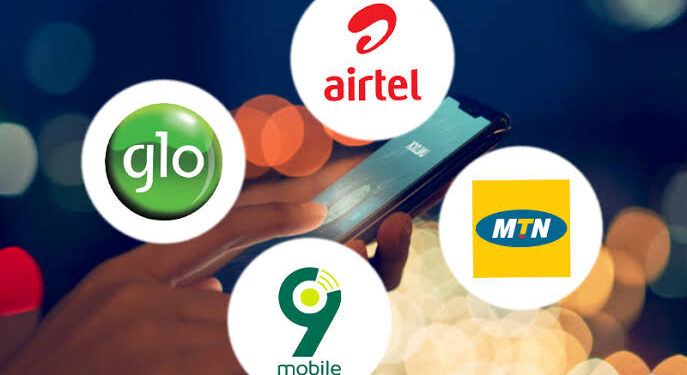The Nigerian Communications Commission (NCC) has approved a 50% hike in telecom prices, marking the first change since 2013. This move comes in response to pleas by telecom providers, who had initially demanded a 100% raise to offset rising operational costs.
Key Points:
Tariff Adjustment: With the NCC’s consent, current tariffs can be raised by 50% to strike a compromise between operators’ need to cover rising expenses and consumer affordability.
Operational Costs: The devaluation of the naira and the withdrawal of subsidies in 2023 are two examples of variables that have caused telecom companies to experience large cost hikes. The cost of providing services has increased due to these economic shifts.
Impact of Inflation: Since economic reforms such as currency devaluation and subsidy reductions, Nigeria has seen significant increases in inflation. Midway through 2024, inflation started to decline, but later price hikes have rekindled inflationary pressures.
Consumer Considerations: Without sacrificing service quality, the NCC stressed that the rate rise is meant to close the gap between operating costs and revenues. Despite the changes, the commission wants to make sure that customers continue to receive dependable services.
This hike would raise the minimum permissible price (floor price) of calls from N6.40 to N9.6 per minute and raise the highest acceptable price (cap) of calls to N50. Additionally, the cost of SMS will increase from N4 to N6 and the cost of 1GB of data will increase from N287.5 to N431.25. Calls from N11 will typically cost N16.5 per minute.
“The adjustment, capped at a maximum of 50 percent of current tariffs, though lower than the over 100 percent requested by some network operators, was arrived at taking into account ongoing industry reforms that will positively influence sustainability,” the NCC said in a statement signed by its director of Public Affairs, Reuben Muoka.











